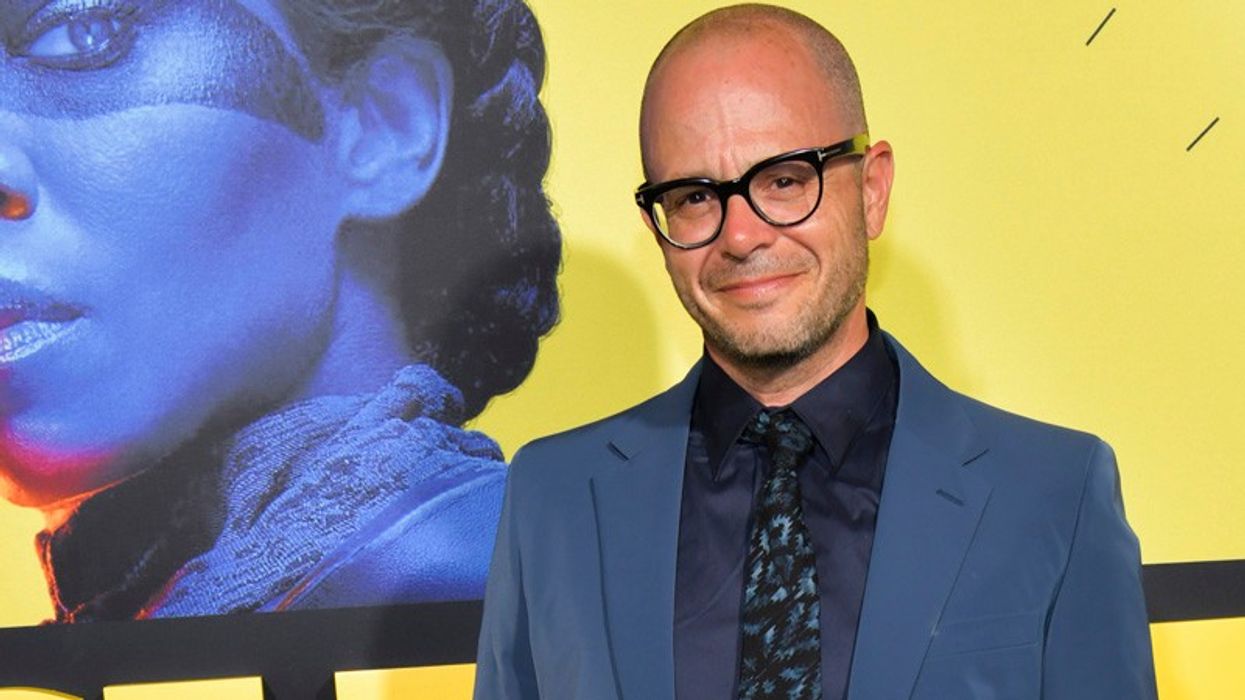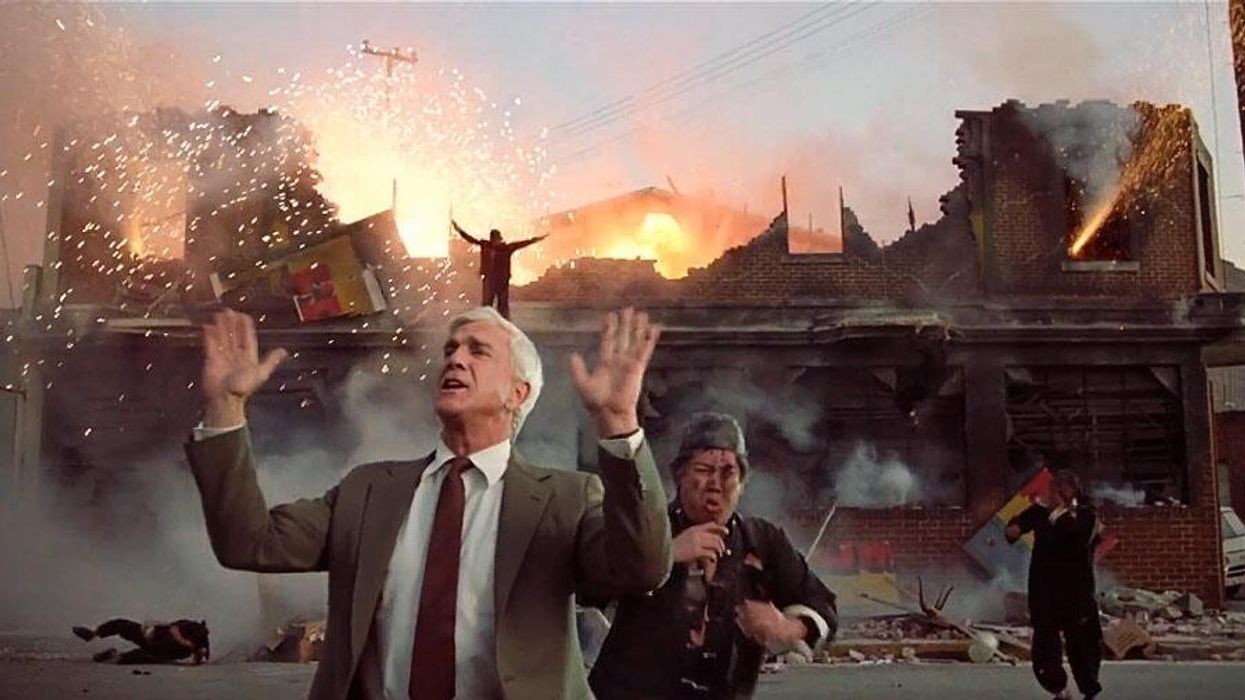How Does Damon Lindelof Write a Screenplay?
Damon Lindelof has become one of the best screenwriters over the past decade. Learn from his journey.

At some point in the mid-2000s, Lost threw Damon Lindelof into the spotlight. He went from a guy with an idea to being one of the creators of the most popular shows on television. From there, he's worked on popular movies, new TV shows, and been in and out of the spotlight.
Quietly, Lindelof became one of the best screenwriters working in the industry.
Not just because of his talent on the page, but because of his constant searching for answers.
Like many of his characters, Lindelof is okay admitting what he does not know, and what he wants to learn. Recently, Lindelof did an interview with Variety where he talked about how he approaches writing and the business.
There's lots of advice to glean.
So let's look at a few key lessons.
How Does Damon Lindelof Write a Screenplay?
If you love Lindelof, I highly recommend reading his tips on screenwriting in Variety. But today, I wanted to break down a few of his key points. The first is the fallacy of thought requiring every writer to "write what you know."
Lindelof explains why we should defy this "rule."
“Our job as storytellers is to make the pretend feel real,” Lindelof explains. “That’s the spirit of what ‘write what you know’ is supposed to protect.”
“It’s a call to action to do research on what you don’t know,” he says. “The challenge should be write what you know, but we should be able to answer the question, Why do you care? Why this? Why now? And if you can find that thing and articulate it to others, then you are writing what you know.”
I think that's a great distillation of how writing is exploration.
You're searching for answers to questions.
Once you know what you want to write about, character development is in the "who."
Who will the audience latch onto and want to follow in the story?
As Lindelof puts it, “The audience is looking for a surrogate when they’re watching an episode of television.” So who holds the mirror back at them and allows them to see themselves? Who is the vision they would want to embody?
Once these tracks are laid, it's about listening. To your heart, to the writer's room, to the notes.
This is how Lindelof distilled Watchmen down, exploring ideas and characters, and then listening to them give him a history lesson he didn't know. “As I began to express my emotional experience with learning about Tulsa to people of color who were sort of like, ‘Yeah, I’ve known about this my entire life,'” Lindelof says, “That was my way of saying, ‘I don’t know what I’m talking about, but I want to talk about this. Can we talk about this?'”
These revealing answers to "why we write" are very introspective and hopefully can help catapult your process.
What're the best lessons you've gotten from watching or reading Lindelof's work?
Let us know in the comments.
What's next? Try our FREE screenwriting eBook!
Today we're releasing our new step-by-step guide to help you write a screenplay... while you're stuck at home. Did we mention it's 100 pages? And it's absolutely free?
Keep reading.












